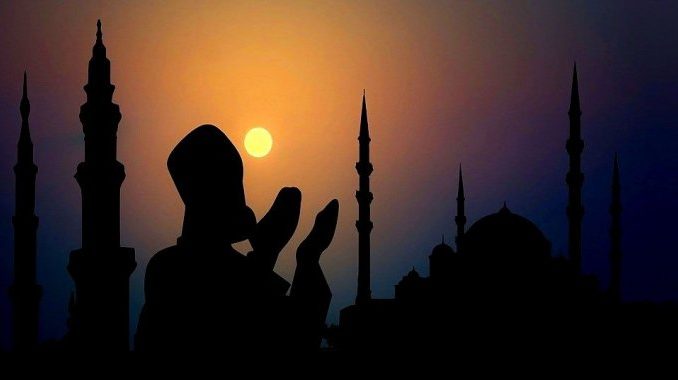
Ramadan 2020 will start from 23 April and conclude on 23 May. Thus, the celebration of Eid-ul-Fitr will take place from 23 May to 24 May.
In Arabic, Ramadan means extreme dryness and unbearable heat. Ramadan is also known as Ramadan. It is a holy month of the Muslim community. It begins and ends with the observation of the new moon. Around the world, Muslims celebrate this holy month as a fast from dawn to dusk. According to the Islamic calendar, Ramadan falls in the 9th month. However, according to the Gregorian calendar, the festival corresponds to the month of April or May. In Islamic beliefs, anyone who faithfully performs the ritual of Ramadan is forgiven by God for his past sins.
This year, if the moon appears on Friday, Ramadan on Saturday morning will mark the beginning of 2020. However, due to the nationwide lockout to prevent an outbreak of coronavirus, people will offer Ramadan prayers at home for the first time. On this, the Ulema have appealed for this. As requested, people should stay at home and offer their prayers.
Timing of Ramadan 2020
The month begins with the moon sighting. On 23 April, Thursday, people saw the moon of Ramadan in Dakshina Kannada and Udupi districts of Karnataka and Kappad in Kozhikode district of Kerala. Therefore, in these areas, Ramadan month has started from Friday i.e. from today till 24 April. However, in the rest of the country, the month of Ramadan can start from Saturday.
The month of Ramadan will test unbearable heat and humidity, patience in the month of Ramadan. People watching Rosa will face heatwave. In addition, the first Rosa will be 15 hours and 9 minutes long. It will start at 4:15 am and end at 6:54 pm on 25 April. Whereas, the last Rosa will be 15 hours and 1 minute long.

Prohibited Things on Ramadan 2020
Due to the epidemic, there are many things that will be prohibited during Ramadan 2020.
- People will not leave their homes to offer prayers in the mosque. They will offer namaz and will offer namaz from their homes.
- Even the prayer of Taraweeh will be at home.
- The ceremony of Shabeen (listening to Quran-i-Pak) will not be performed.
- The process of a team raising awareness during Iftar is prohibited.
- There will be no mass Rosa Iftar program. People have to follow social differences.
- There will be no market buzzing during First Moon Night.
Online arrangements for Ramadan
Since the mosques will not open, there will be many online arrangements for the Ramadan prayers.
- No one will offer namaz in the mosque due to the lockout. Thus, in many cities, the ulema will perform it online.
- Information about Sahri and Iftari for Rojedars will be given online.
- There will be a variety of apps and websites to take advantage of listening to the Quran.
